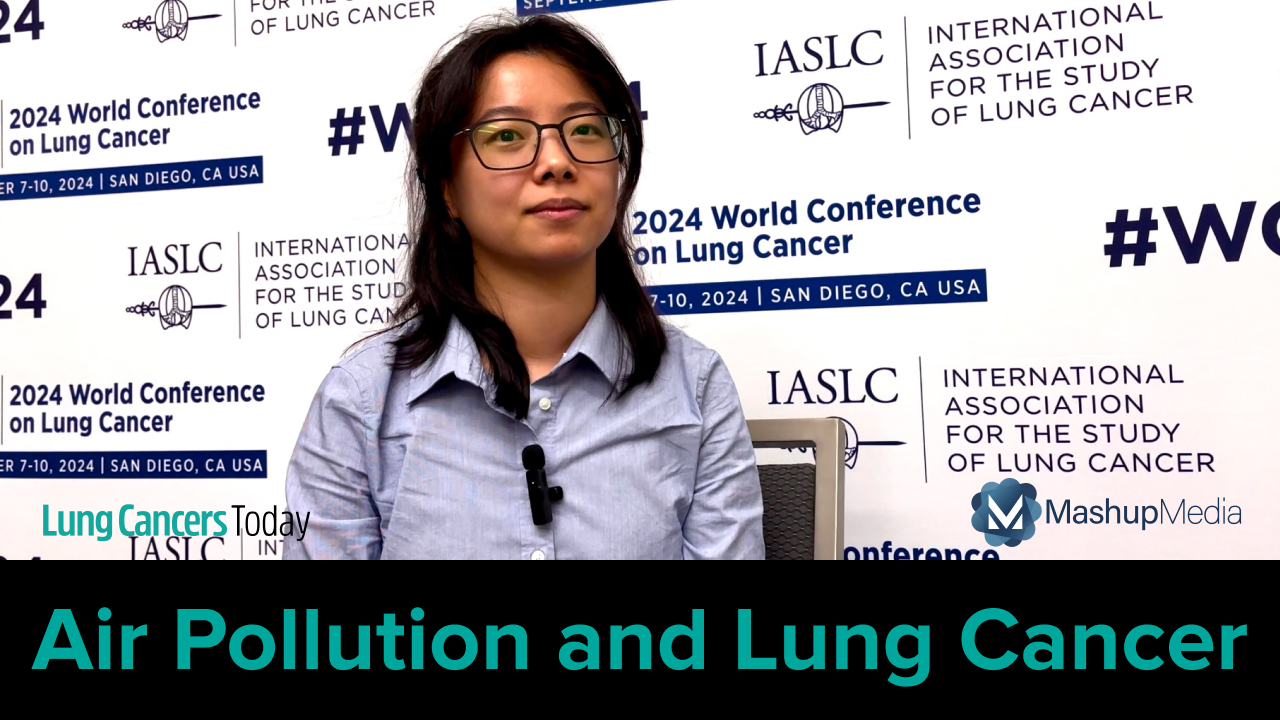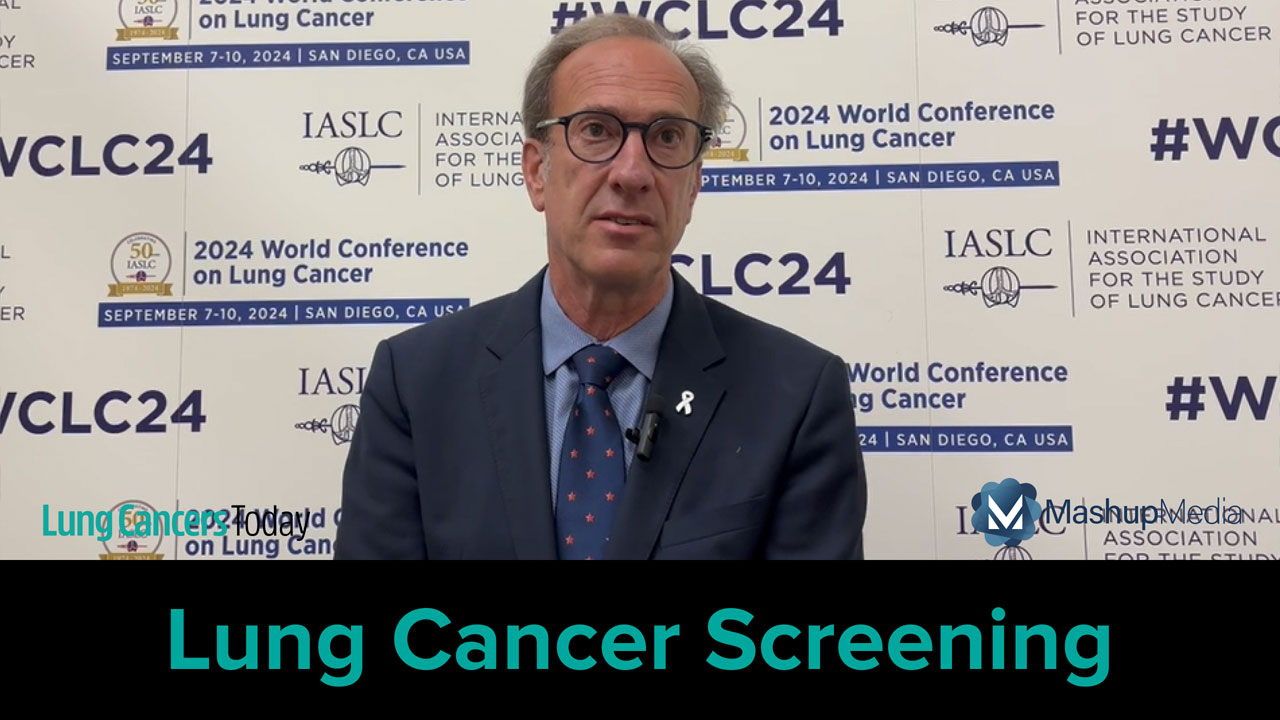SOHO-01 and FURTHER: Dr. Xiuning Le Discusses IASLC Presidential Symposium Presentations
By Xiuning Le, MD, PhD, Cecilia Brown - Last Updated: September 12, 2024Xiuning Le, MD, PhD, of the University of Texas MD Anderson Cancer Center, joined Lung Cancers Today at the IASLC 2024 World Conference on Lung Cancer (WCLC) in San Diego, California, to discuss the data from SOHO-01 and FURTHER presented during the second Presidential Symposium of the meeting.
“I’m really honored to be here this year for WCLC 2024,” Dr. Le said. “This year, I’m presenting 2 important abstracts.”
The first abstract Dr. Le presented during the Presidential Symposium was on the expansion cohort from the phase 1/2 SOHO-01 study.
“In this particular clinical trial, we evaluated a small molecule oral inhibitor called BAY 2927088 in patients with HER2-mutated non-small cell lung cancer,” Dr. Le said. “HER2 mutation non-small cell lung cancer currently doesn’t have any oral medication options for the patients. That’s why this drug is important.”
BAY 2927088 is an oral, reversible tyrosine kinase inhibitor that “potently inhibits” activating HER2 mutations and has “shown manageable safety and encouraging preliminary anti-tumor activity in patients with advanced NSCLC harboring HER2 mutations,” according to Dr. Le’s presentation on the study.
Dr. Le provided an overview of the most clinically relevant results from the study.
“The study is of high interest for patients in this population who received prior chemotherapy but never received prior anti-HER2 treatment,” she said.
Dr. Le explained that the SOHO-01 study has shown “really impressive data” because “almost all patients get tumor reduction.”
“Overall, this is very encouraging data,” she said.
BAY 2927088 currently has a US Food and Drug Administration Breakthrough Therapy designation, and further research is ongoing, according to Dr. Le.
FURTHER Study of Firmonertinib Presented at IASLC 2024 World Conference on Lung Cancer Symposium
Dr. Le was also the first author on another Presidential Symposium presentation, titled “FURTHER: A Global, Randomized Study of Firmonertinib at 2 Dose Levels in TKI-Naive, Advanced NSCLC with EGFR PACC Mutations.”
Firmonertinib, also known as furmonertinib, is an oral, highly brain-penetrant EGFR inhibitor with broad activity and selectivity across EGFR mutations. It is currently approved in China for first-line, advanced NSCLC with EGFR Ex19del/L858R and previously treated advanced NSCLC with EGFR T790M. In the United States, firmonertinib has received FDA Breakthrough Therapy Designation for first-line, advanced NSCLC with EGFR ex20ins mutations.
The phase 1b FURTHER study presented at the IASLC 2024 WCLC evaluated firmonertinib in patients with P-loop and αC-helix compressing (PACC) mutations.
“This is an under-recognized EGFR mutation subgroup and currently there is no particular medication good for this,” Dr. Le explained.
She discussed the data reported at the Presidential Symposium, explaining that firmonertinib induced a “very significant response. However, Dr. Le noted that the “data is early, so I’m not going to be able to report progression-free survival data, as a lot of patients are still on treatment.”
The safety profile of firmonertinib in patients with EGFR PACC mutations was “consistent with prior firmonertinib studies.” The most frequent treatment-related adverse events included diarrhea, rash, stomatitis, and hepatic enzyme elevation.
Dr. Le reflected on the implications of the study results and how the FURTHER study could change the treatment landscape for patients with this uncommon EGFR mutation.
“We’re very encouraged by the initial efficacy… We’re very excited, as this is the first EGFR [tyrosine kinase inhibitor] evaluated in EGFR PACC mutation patients,” Dr. Le “Again, we hope that they will change our practice and offer our patients new treatment options.”







 © 2025 Mashup Media, LLC, a Formedics Property. All Rights Reserved.
© 2025 Mashup Media, LLC, a Formedics Property. All Rights Reserved.